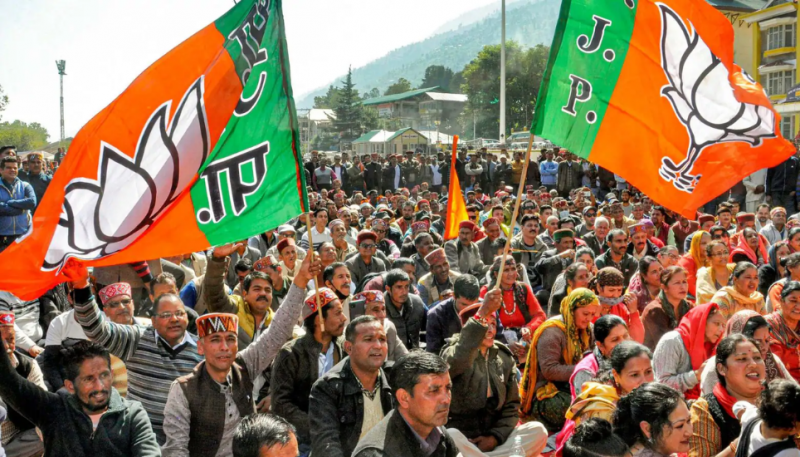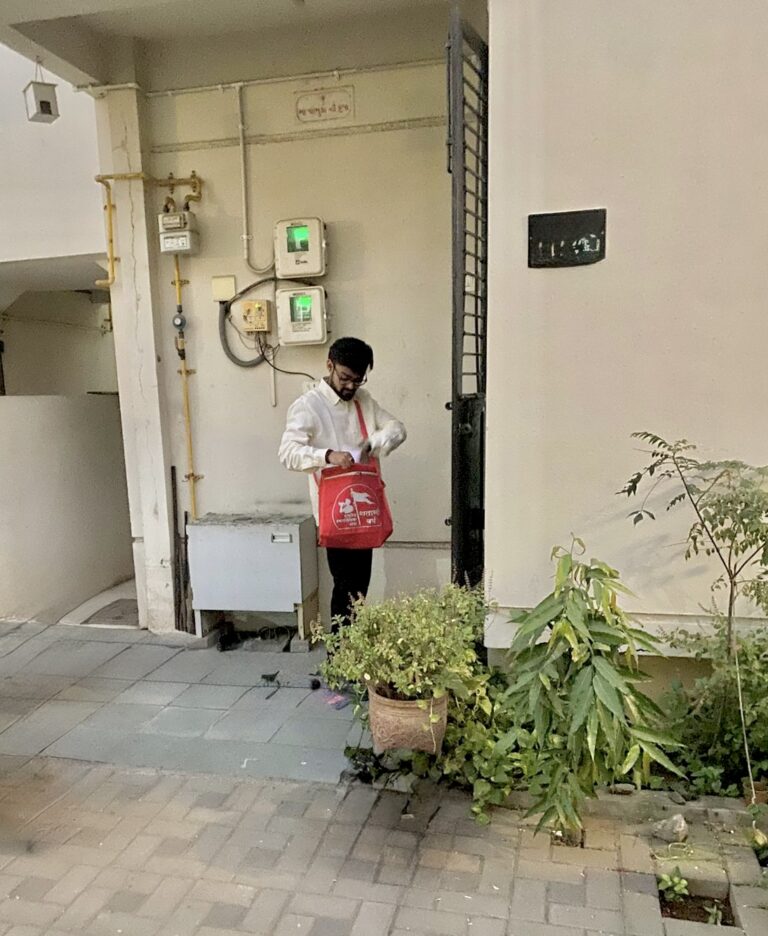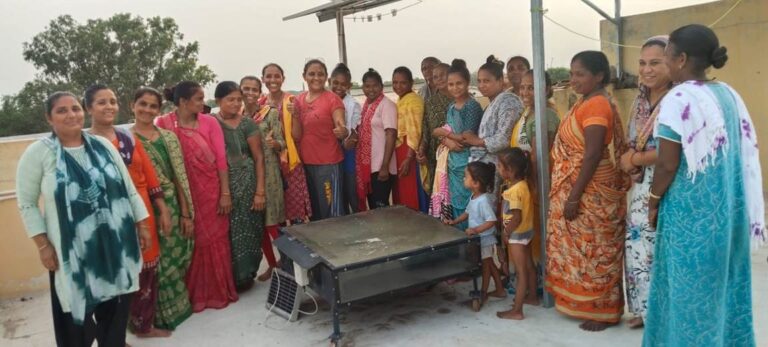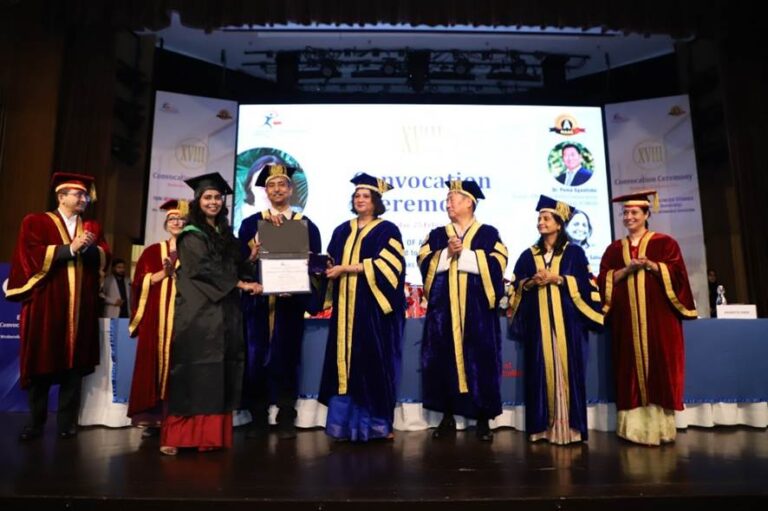
The Karnataka election announcement comes at a critical juncture in the political battle between the ruling BJP and the opposition Congress and Janata Dal-Secular. (JD-S). The BJP, led by Chief Minister Basavaraj Bommai, is hoping to keep power in the state despite allegations of corruption and communal polarization. The election will also put Prime Minister Narendra Modi’s and his party’s policies on the national and state levels to the test.
Chief Election Commissioner Rajiv Kumar said at a news conference that the elections were scheduled on a Wednesday rather than a Monday or Friday to encourage greater voter participation and discourage them from leaving town for a long weekend holiday.
Karnataka’s most recent assembly election was held in May 2018, resulting in a hung assembly. With 104 seats, the BJP emerged as the single-largest party but fell short of a majority. With 80 and 37 seats, respectively, the Congress and the JD-S formed a post-election coalition and formed the government, with Mr Kumaraswamy as Chief Minister. However, the coalition collapsed in July 2019 after several MLAs resigned from their parties and joined the BJP. The BJP then formed a government led by Chief Minister BS Yediyurappa. Mr Bommai took his place after he resigned in July 2021. The ruling BJP currently has 121 MLAs in the Karnataka assembly, while the Congress has 70 and its ally JD(S) has 30 seats.
The BJP has been attempting to strengthen its support among the dominant communities of Lingayats and Vokkaligas, who account for roughly 40% of the state’s population. The party has recently increased reservations for these communities in education and government jobs while eliminating a 4% reservation for Muslims introduced by the previous Congress administration.
On the other hand, Congress has accused the BJP of engaging in communal politics and corruption. If elected, the party has promised to pay unemployed graduates 3,000 per month for two years. The party has also attempted to court the backward classes, minorities, and Dalits, who make up a sizable portion of the electorate.
In Karnataka politics, the JD-S has played the role of kingmaker. The party has taken an equidistant stance from both the BJP and the Congress, leaving the door open for a post-election alliance. In addition, the party has been concentrating on its core issues of farmer welfare and regional development.







